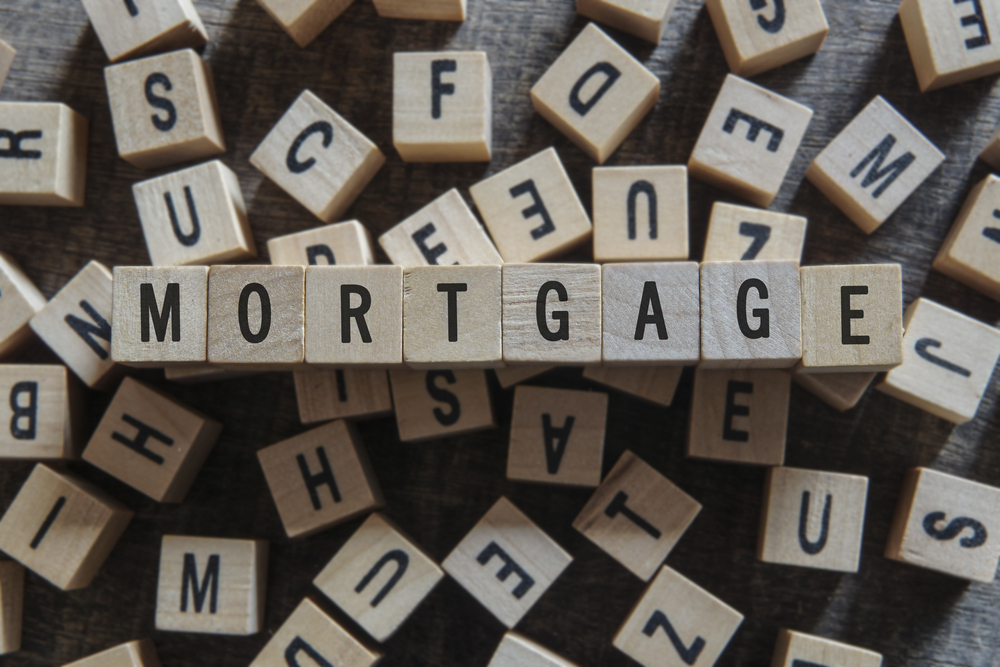Mortgages can be complicated, but it’s important to understand the key terms before signing on the dotted line. Be sure to consult with a financial advisor to ensure that you are making the best decision for your individual situation. When you’re in the process of shopping for a mortgage, it’s important to understand all of the key terms and concepts involved. Here are 35 mortgage terms you should know before beginning the home-buying process:
1. Amortization: This is the process of gradually paying off a loan through periodic installments.
2. Annual Percentage Rate (APR): This is the annualized interest rate charged on a loan, expressed as a percentage.
3. Balloon Payment: A balloon payment is a lump sum payment that is due at the end of a loan’s term.
4. Bi-Weekly Mortgage: A bi-weekly mortgage is a type of mortgage where payments are made every two weeks instead of monthly.
5. Bridge Loan: A bridge loan is a short-term loan that is used to finance the purchase of a new home before the sale of the borrower’s current home is complete.
6. Buydown Mortgage: A buydown mortgage is a mortgage where the interest rate is reduced by an upfront payment.
7. Cap: A cap is a limit on how much an adjustable rate can increase over the life of a loan.
8. Closing Costs: Closing costs are fees associated with obtaining a mortgage and include items such as appraisal fees, title insurance, and origination points.
9. Construction Loan: A construction loan is a type of loan that is used to finance the construction of a new home.
10. Conventional Mortgage: A conventional mortgage is a type of mortgage that is not backed by the government.
11. Cosigner: A cosigner is someone who signs a loan with the borrower and is legally responsible for repaying the debt if the borrower defaults.
12. Credit Score: A credit score is a numerical representation of an individual’s creditworthiness.
13. Debt-to-Income Ratio (DTI): The debt-to-income ratio is a measure of an individual’s monthly debt payments relative to their monthly income.
14. Discount Points: Discount points are upfront fees paid to lower the interest rate on a mortgage.
15. Down Payment: A down payment is the amount of money that is paid upfront towards the purchase of a home.
16. Due-on-Sale Clause: A due-on-sale clause is a provision in a mortgage contract that requires the borrower to repay the loan in full if the property is sold.
17. Equity: Equity is the portion of a property’s value that is owned by the borrower.
18. Fannie Mae: Fannie Mae is a government-sponsored enterprise that provides financial products and services to the housing market.
19. Federal Housing Administration (FHA): The Federal Housing Administration is a government agency that provides mortgage insurance on loans made by FHA-approved lenders.
20. Freddie Mac: Freddie Mac is a government-sponsored enterprise that provides financial products and services to the housing market.
21. Fixed-Rate Mortgage: A fixed-rate mortgage is a type of mortgage where the interest rate remains fixed for the life of the loan.
22. Gift Letter: A gift letter is a document that states that a monetary gift is being given to help with the purchase of a home. The letter should include the name and relationship of the donor, as well as the amount of money being gifted.
23. Home Equity Line of Credit (HELOC): A home equity line of credit is a type of loan that uses the equity in your home as collateral.
24. Home Equity Loan: A home equity loan is a type of loan that uses the equity in your home as collateral.
25. Interest Rate: The interest rate is the percentage charged for the use of money, typically expressed as an annual percentage rate.
26. Jumbo Loan: A jumbo loan is a type of mortgage that exceeds the conforming loan limit set by Fannie Mae and Freddie Mac.
27. Leverage: Leverage is the use of debt to finance the purchase of an asset.
28. Loan-to-Value Ratio (LTV): The loan-to-value ratio is a measure of the size of a loan relative to the value of the property being purchased.
29. Mortgage: A mortgage is a loan that is used to finance the purchase of a home.
30. Mortgage Insurance: Mortgage insurance is insurance that protects the lender in the event of borrower default.
31. Mortgage Insurance Premium (MIP): A mortgage insurance premium is an insurance policy that is required for borrowers who have less than 20% equity in their home.
32. Origination Fee: An origination fee is a fee charged by the lender for processing a loan application.
33. Principal: The principal is the amount of money borrowed, not including interest or other fees.
34. Private Mortgage Insurance (PMI): Private mortgage insurance is insurance that protects the lender in the event of borrower default.
35. Refinance: Refinancing is the process of taking out a new loan to replace an existing one.






